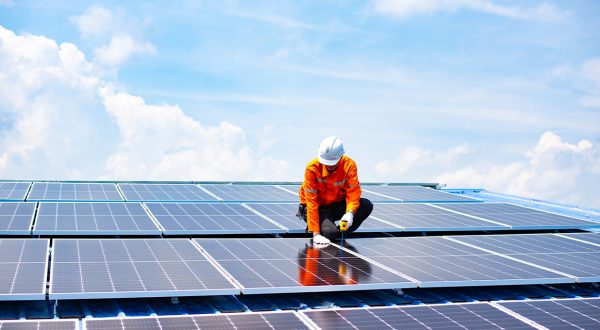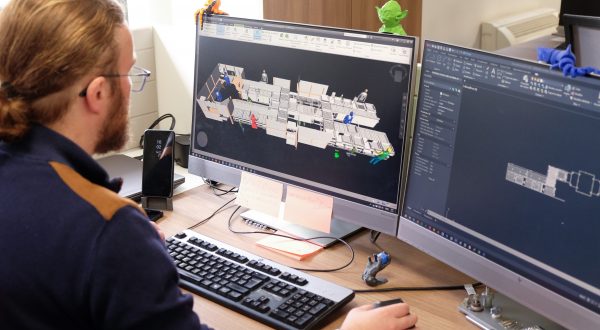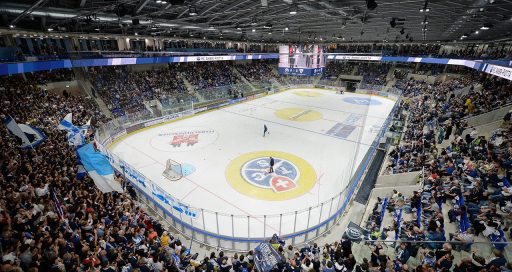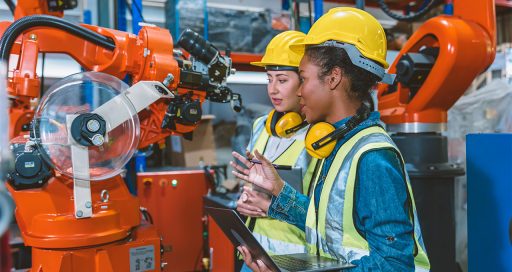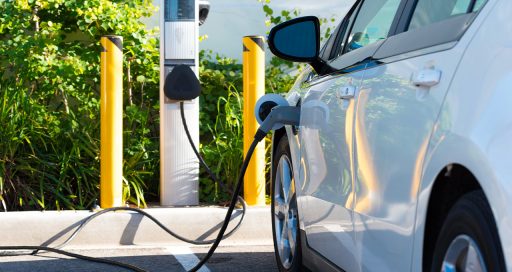The offshore oil sector demands strong capacity for adaptation. The design and manufacture by Actemium Brazil of one-off chemical analysis laboratory modules helps meet this demanding requirement.
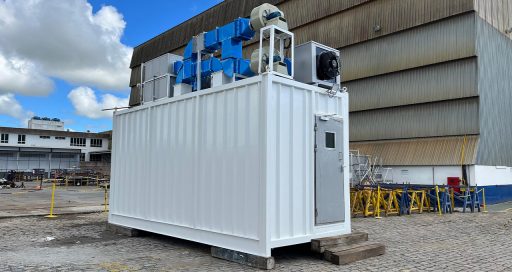
Actemium Brazil has developed advanced expertise in the design and manufacture of offshore laboratory modules for the chemical testing needed on oil production platforms.
For the Brazilian operation of one of the main independent oil operators in Brazil , the VINCI Energies brand dedicated to the transformation of industrial processes is working on a complex project for the P-08 platform in the Marimba oil field, located in the Campos Basin in the northern part of the State of Rio de Janeiro.
As Luis Silva, Business Unit Manager at Actemium Brazil, explains: “The client had a laboratory that was obsolete in terms of its integrity and compliance with current safety standards in the naval and offshore sector, with difficulties in carrying out the chemical tests necessary to monitor oil production.”
Safety requirements
Drawing on its expertise in maritime construction and architecture, Actemium Brazil developed a fully customised solution to allow the client performing a range of tests directly on the oil production platform.
The project, which began in November 2022 and was completed in December 2023, and it’s included all the laboratory equipment needed for testing, along with a positive pressure system comprising two external air conditioning units, an extraction system comprising two centrifugal fans adjusted to the site’s airflow requirement, LED light fittings, gas and fire protection systems, emergency showers, and an extractor hood.
“Gaining certification on this type of project testifies to the quality of the services Actemium can offer”
“We are building a module with a small office space for processing all the data collected in the chemical tests,” says Luis Silva. “We will also be creating a custom environment equipped to ensure the safety of technicians and chemical engineers, including an extractor hood with a dedicated extraction system to prevent the inhalation of any gases generated.”
The safety aspect is a key feature of this project, which had to balance the requirements of a site intended for human habitation with those of maritime construction, which allows minimal space for working and moving between areas.
“For this particular project, the module was also designed to operate in a Zone 2 explosive atmosphere,” adds Luis Silva. “We had to develop an HVAC system with filtration and outdoor air handling capabilities to ensure the safety of professionals working inside the module.” The HVAC system has built-in redundancy to ensure uninterrupted operation, as offshore production runs 24 hours a day, seven days a week.
Restrictive environment
A further challenge lay in adapting to the environment where the module was installed, close to an ethanol tank and a chemical store liable to cause explosions and open flames. “We used a J60-rated thermal insulation system that can withstand open flames for 60 minutes,” says Luis Silva. “This ensures the module’s integrity and keeps the people working inside safe.”
The entire module has been certified by a company accredited by the Brazilian maritime authorities for inspecting and certifying ships in the areas of navigation, personnel safety and pollution prevention.
“Gaining certification on this type of project testifies to the quality of the services Actemium can offer its customers,” concludes Luis Silva, who is keen to emphasise the importance for this project of Actemium Oil & Gas Offshore’s expertise, not only in maritime engineering and construction, but also in designing HVAC systems specifically for this industry.
03/14/2024
